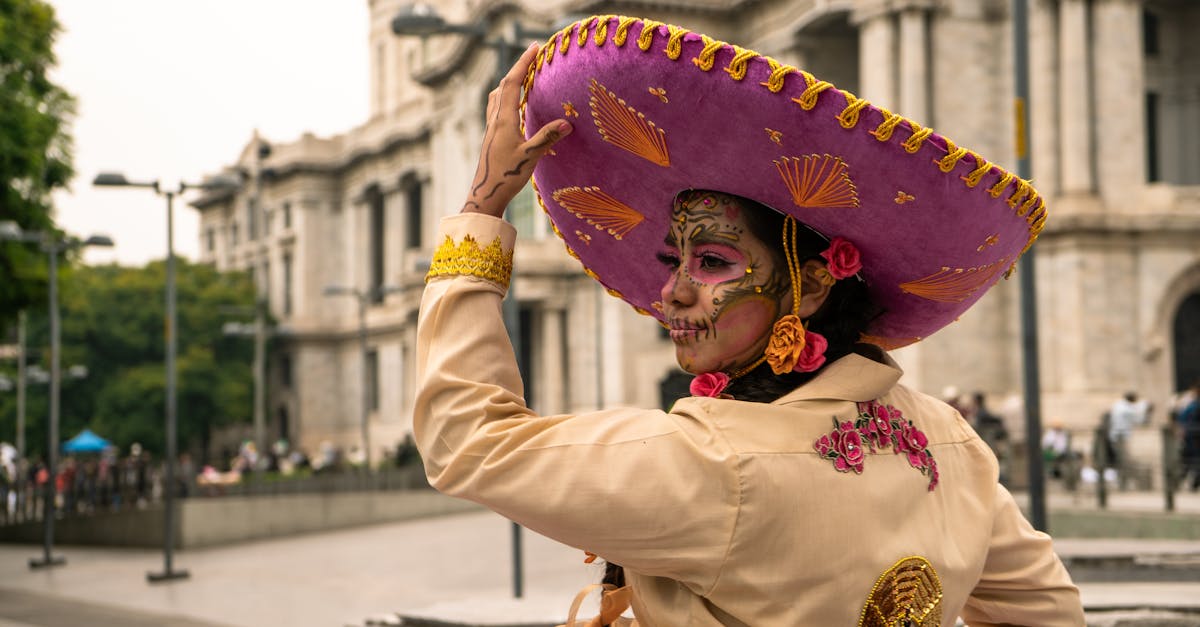Discover the Rich History and Culture of Germany
Germany, a country located in Central Europe, has a rich history that spans over 2,000 years. From its ancient Celtic roots to its current status as a modern industrial power, Germany has evolved into a unique and fascinating nation.
Geography and Climate
Germany is a landlocked country, bordered by Denmark, Poland, the Czech Republic, Austria, Switzerland, France, Belgium, Netherlands, and Luxembourg. The country covers an area of approximately 357,000 square kilometers, making it one of the most densely populated countries in Europe. Germany’s climate varies greatly depending on its location, ranging from temperate to subtropical.
History
Germany has a long and complex history that has been shaped by various empires, dynasties, and wars. The country was once part of the Holy Roman Empire, a loose confederation of states and cities that existed from the 10th to the 19th century. In the 20th century, Germany experienced two devastating world wars, which had a profound impact on the country’s politics, economy, and culture.
Culture
German culture is known for its rich heritage, including music, art, literature, and architecture. The country has produced some of the most famous composers in history, such as Bach, Mozart, and Beethoven, who all made significant contributions to classical music. German cuisine is also famous for its sausages, beer, and bread, with popular dishes like schnitzel and spätzle.
Economy
Germany is one of the world’s leading industrial powers, with a strong economy that is driven by exports and manufacturing. The country is home to some of the world’s most renowned companies, including Mercedes-Benz, BMW, and Siemens. Germany’s automotive industry is particularly famous for its high-quality vehicles, which are in demand all over the world.
Tourism
Germany has a lot to offer tourists, from its stunning natural landscapes to its vibrant cities and rich cultural heritage. The country is home to some of the most beautiful castles in Europe, such as Neuschwanstein Castle in Bavaria, and the famous Christmas markets in Dresden and Berlin. Visitors can also explore Germany’s many museums, galleries, and historical landmarks, including the Berlin Wall and Checkpoint Charlie.
Language
The official language of Germany is German, but English is widely spoken, especially among younger people and those in the service industry. Visitors to Germany can easily get by without speaking German, as many Germans speak some English, particularly in tourist areas.
Conclusion
Germany is a country that has something for everyone, from its rich history and culture to its vibrant cities and stunning natural landscapes. Whether you’re interested in history, art, music, or food, Germany has a lot to offer visitors from around the world.
